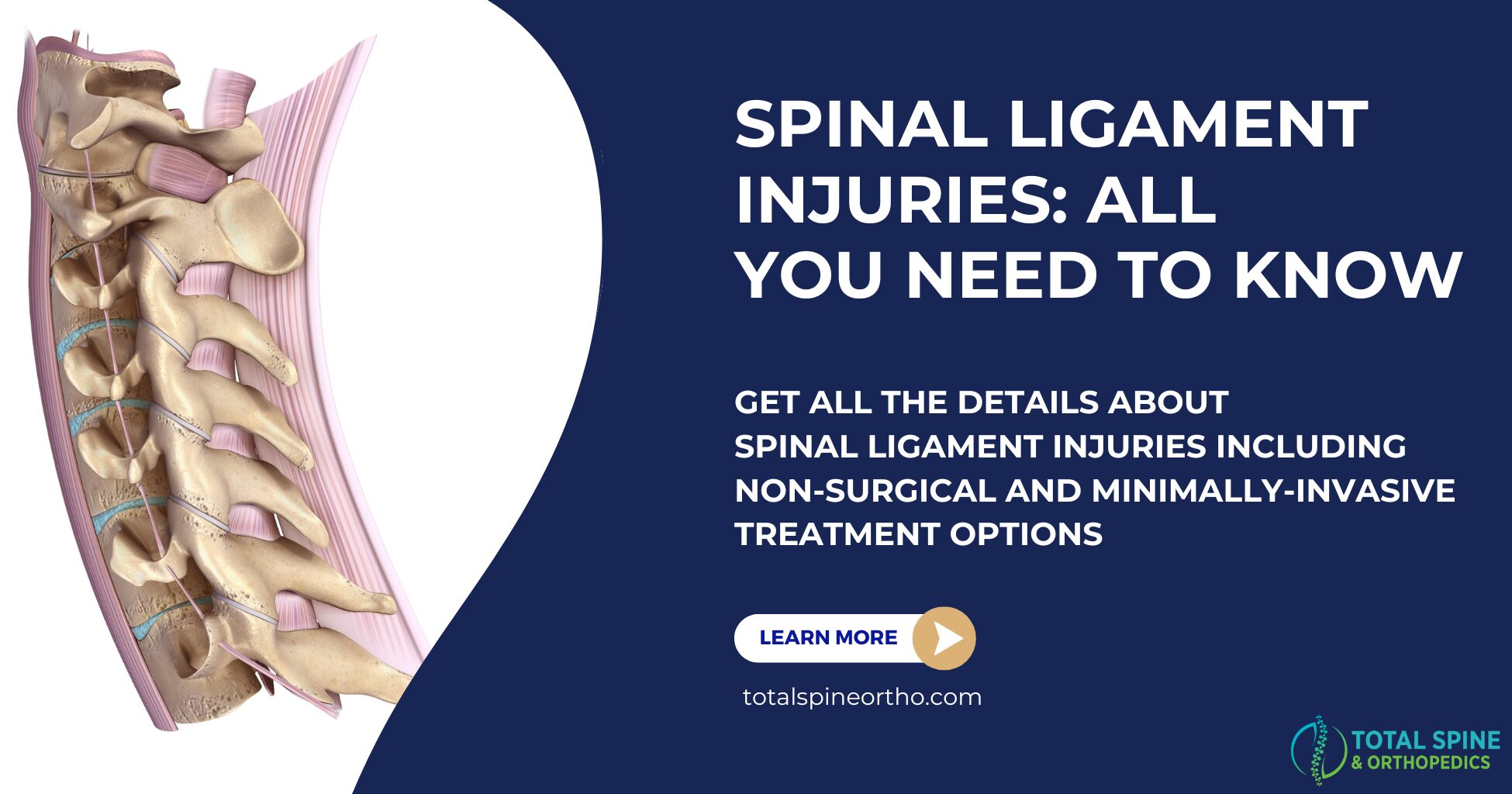Spinal ligament injuries are a common, yet often overlooked, potential cause of back pain and discomfort. These injuries can significantly impact your daily life, making it crucial to understand their nature, symptoms, causes, and treatment options.
What are Spinal Ligament Injuries?
Spinal ligaments are fibrous bands of tissue that connect the bones of your spine (vertebrae), providing essential stability and support. Injuries to these ligaments can occur due to trauma, overuse, or degenerative changes, resulting in pain and reduced mobility.
Common Symptoms
The symptoms of spinal ligament injuries can vary widely based on the severity and location of the injury. Here are some common signs to watch out for:
- Localized Pain: You might experience persistent pain in the specific area of the spine where the injury has occurred.
- Swelling and Inflammation: The area around the injured ligament can become swollen and inflamed.
- Reduced Range of Motion: Difficulty moving the spine and stiffness are common, which can hinder your daily activities.
- Muscle Spasms: These are involuntary contractions of the muscles around the spine, often causing additional discomfort.
- Radiating Pain: In some cases, the pain might extend to other parts of the body, such as the shoulders, arms, or legs, depending on the injury’s location.
Causes of Spinal Ligament Injuries
Several factors can lead to spinal ligament injuries, including:
- Trauma: Generally one of the most common causes of spinal ligament injuries are accidents, falls, or sudden impacts which can lead to immediate pain and discomfort.
- Overuse: Repetitive movements or heavy lifting over time can strain the ligaments, resulting in chronic injuries.
- Degenerative Changes: Age-related wear and tear can weaken the ligaments, making them more susceptible to injury.
- Poor Posture: Maintaining poor posture for prolonged periods can strain the spinal ligaments and lead to injury over time.
Diagnosing Spinal Ligament Injuries
Diagnosing a spinal ligament injury typically involves a thorough physical examination and a review of the patient’s medical history. To confirm the diagnosis and assess the extent of the injury, imaging tests such as X-rays, MRI, or CT scans may be necessary. These tests help visualize the damage and guide the treatment plan.
Treatment Options
Treating spinal ligament injuries focuses on relieving pain, reducing inflammation, and restoring mobility. Here are some of the most common types of treatment options:
- Rest and Immobilization: Allowing the injured ligament to heal by limiting movement is often the first step in treatment.
- Physical Therapy: Exercises and stretches tailored to strengthen the muscles supporting the spine can significantly improve flexibility and reduce pain.
- Medications: Over-the-counter or prescription anti-inflammatory drugs and pain relievers can help manage symptoms.
- Injections: Corticosteroid injections can reduce inflammation and provide pain relief.
- Minimally Invasive Procedures: In severe cases, techniques such as endoscopic spine surgery can repair the ligament with minimal tissue damage and faster recovery times.
Preventing Spinal Ligament Injuries
While preventing a traumatic injury is not always possible, here are some tips to help you reduce your risk of developing spinal ligament injuries:
- Regular Exercise: Strengthen your back and core muscles with regular physical activity.
- Proper Lifting Techniques: Use your legs to lift heavy objects rather than your back to avoid unnecessary strain.
- Good Posture: Maintain proper posture when sitting, standing, and sleeping to reduce stress on your spine.
- Healthy Weight: Keeping your body weight within a healthy range reduces the strain on your spine and ligaments.
Spinal ligament injuries can be debilitating, but with the right knowledge and treatment, you can manage and overcome this condition.
At Total Spine and Orthopedics, our team of experts is dedicated to providing comprehensive care for spinal ligament injuries. If you’re ready to take the first steps towards taking back your quality of life, call our Patient Advocate team at (321) 499-4646 or fill out the form below to get started!

